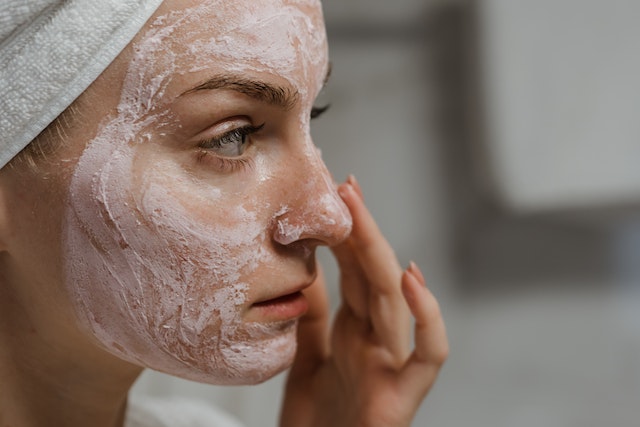As a personal trainer, beauty therapist, and wellness coach, I often get asked about the secret to healthy, glowing skin. While topical skincare plays a role, true radiance starts from within. Today, we’re diving into the fascinating world of the microbiome and its profound impact on your skin health.
What is the Microbiome?
Your body is home to trillions of microorganisms, including bacteria, fungi, and viruses. These microorganisms, collectively known as the microbiome, reside in various parts of your body, including your gut (gut microbiome) and skin (skin microbiome).
The Gut-Skin Axis
The gut and skin, seemingly disparate organs, are intricately connected through what’s known as the gut-skin axis. This bidirectional communication pathway involves a complex interplay of immune responses, inflammation, and microbial metabolites.
How Does the Gut Microbiome Affect Skin Health?
- Immune Regulation: A healthy gut microbiome helps regulate your immune system, preventing it from overreacting and causing inflammation, which can manifest as skin issues like eczema, psoriasis, and acne.
- Nutrient Absorption: The gut microbiome aids in the absorption of essential nutrients, such as vitamins and minerals, crucial for maintaining skin health and repair.
- Detoxification: A balanced gut microbiome supports the detoxification process, eliminating harmful toxins that can contribute to skin problems.
How Does the Skin Microbiome Affect Skin Health?
- Barrier Function: The skin microbiome acts as a protective barrier against external aggressors like pathogens and pollutants, preventing them from penetrating deeper layers of the skin.
- Hydration: A diverse skin microbiome helps maintain skin hydration by producing natural moisturizing factors.
- Wound Healing: The skin microbiome plays a role in wound healing and skin repair.
Dysbiosis and Skin Issues
An imbalance in the gut or skin microbiome, known as dysbiosis, can disrupt the gut-skin axis and lead to various skin problems. Dysbiosis can be caused by factors like poor diet, stress, antibiotics, and environmental factors.
Tips for a Healthy Microbiome and Radiant Skin
- Eat a Balanced Diet: Consume a variety of fibre-rich foods, including fruits, vegetables, and whole grains, to nourish your gut microbiome.
- Limit Processed Foods: Processed foods often contain additives and sugars that can disrupt the gut microbiome.
- Manage Stress: Chronic stress can negatively impact both the gut and skin microbiome. Practice stress-reducing techniques like meditation or yoga.
- Stay Hydrated: Drinking plenty of water helps maintain skin hydration and supports a healthy gut microbiome.
- Consider Probiotics: Probiotics are live microorganisms that can help restore balance to your gut microbiome. Consult with a healthcare professional before starting any new supplements.
References
- Salem, A., & Mazumder, A. (2019). The gut microbiome and skin health. Clinics in Dermatology, 37(2), 209-216.
- O’Neill, C. A., & Gallo, R. L. (2018). The human skin microbiome. The Journal of Allergy and Clinical Immunology, 141(4), 1194-1203.
- Bowe, W. P., & Logan, A. C. (2011). Acne vulgaris, probiotics, and the gut-brain-skin axis. Gut Pathogens, 3(1), 1.
Disclaimer: This blog post is for informational purposes only and should not be construed as medical advice. Please consult with a healthcare professional 1 before making any changes to your 2 diet or lifestyle.




